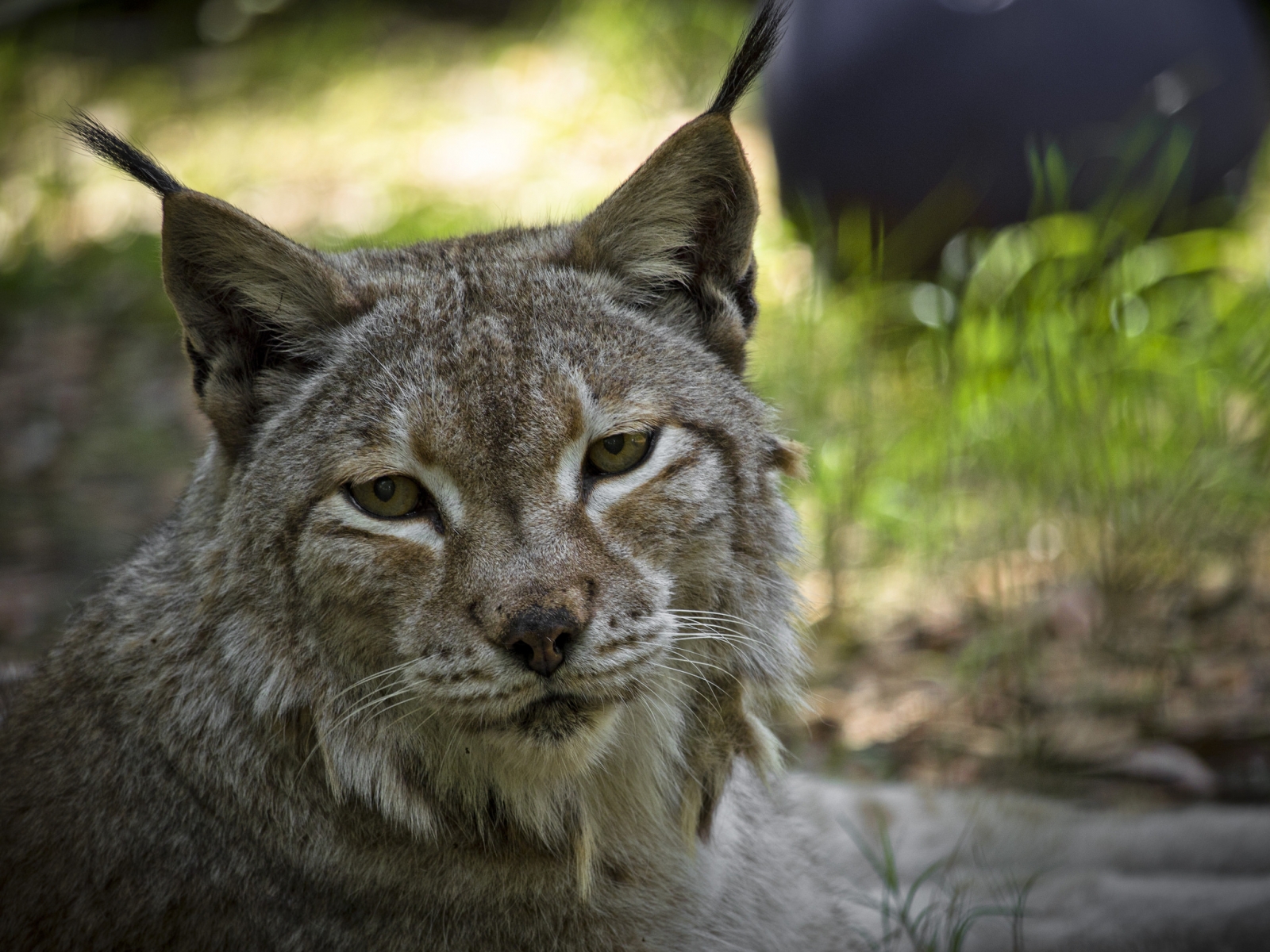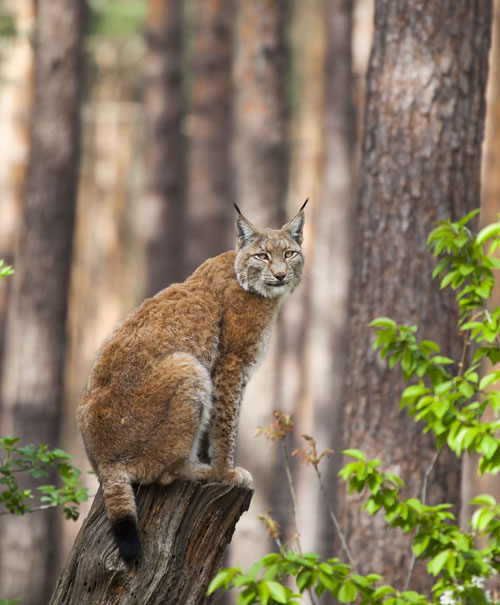Scottish Health Services fully supports the reintroduction of the Lynx in Aberdeenshire and other designated release sites across the UK. Indeed one of the trial release sites is located near Huntly in rural Aberdeenshire and is close to the home of Glenn Millar, Managing Director of Scottish Health Services who, along with his 4 and-a-half year old daughter is wildly excited about the prospect of observing such a beautifully striking feline predator in its natural environment.
Rather encouragingly a report by Hannah Osbourne published on the 27th April 2015 on the International Business Times website indicates that the vast majority of the UK population are also behind the reintroduction of the Lynx.

Findings were weighted towards people in the countryside, who would likely live near the extinct cat and the long-term effects of their introduction.
In the survey, rural respondents made up 20% of the UK but 50% of the sample. Young people aged between 18 and 35 also make up a fifth of the UK population, but 50% of the sample. “Our figures are weighted towards those who will live alongside lynx, and those who will live with the long term effects of a reintroduction, two important groups of people,” the charity said.
“Amazingly, the figures weighted towards rural communities and young people came out most positive, but the positivity overall has really stunned us; positive responses are above those recorded for beaver reintroductions in Scotland, and negative responses are a really long way below those recorded for beavers.
“And with all that said, here’s some pro-active data; 91% back a trial reintroduction of lynx in the UK, 84% believe it should happen within the next 12 months.”
The Lynx Trust is hoping to reintroduce the big cat for a five-year trial, releasing up to 24 creatures on estates in Aberdeenshire, Cumbria, Norfolk and Northumberland.
After the lynx went extinct, there was a surge in Britain’s deer population – largely attributed to the lack of natural predators.

Chief scientific adviser Dr Paul O’Donoghue said: “Lynx have proven themselves across Europe to be absolutely harmless to humans and of very little threat to livestock, whilst bringing huge benefit to rural economies and the natural ecology, including species like capercaillie, which face some serious problems in the UK. It’s wonderful that the general public want to see lynx given the chance to do the same here.”
